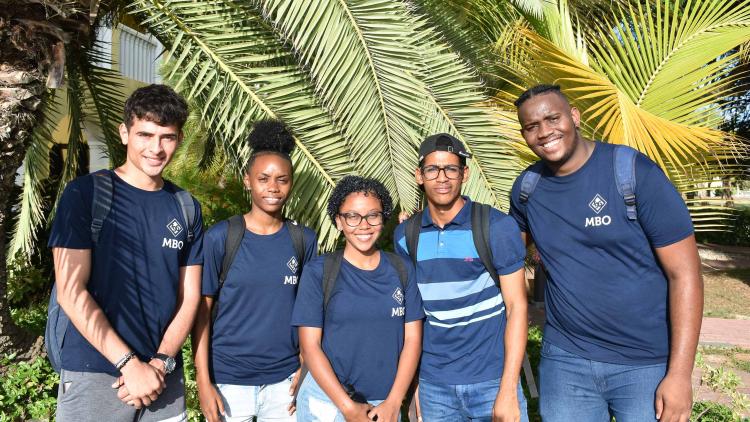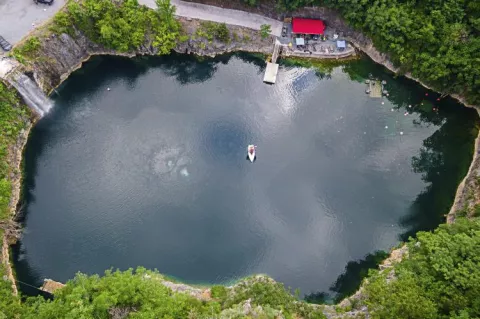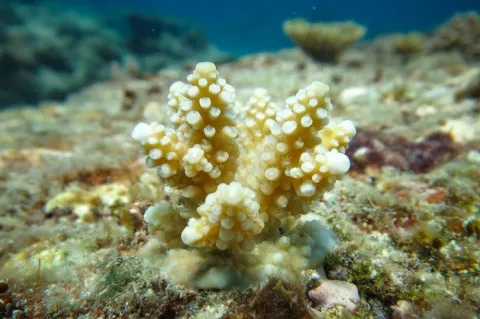DEMA Show 2021 is now open
While the show is significantly smaller in scale this year due the Covid-19 pandemic and travel restrictions, there were new equipment launches happening such as the new Avelo System (diveavelo.com) this week at the Image Resource Center (Booth #2327) and Room S227 as well as a full schedule of seminars taking place in various meeting spots on the floor in adjoining rooms.
















